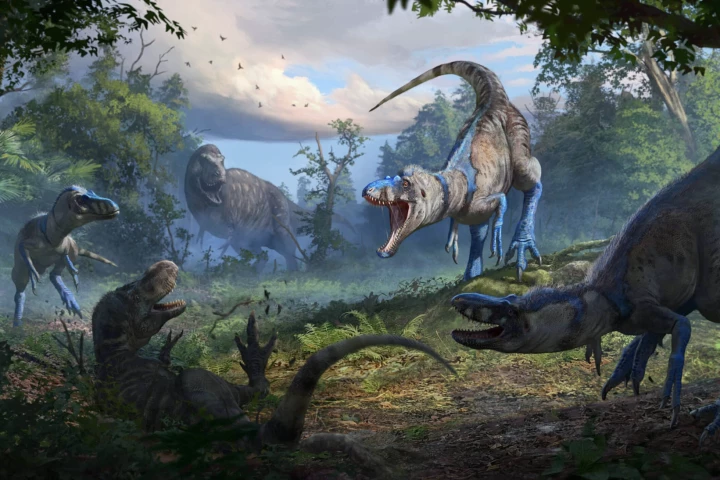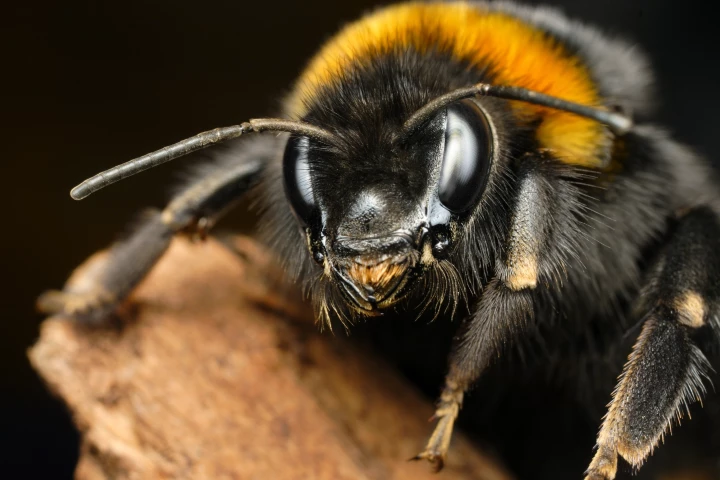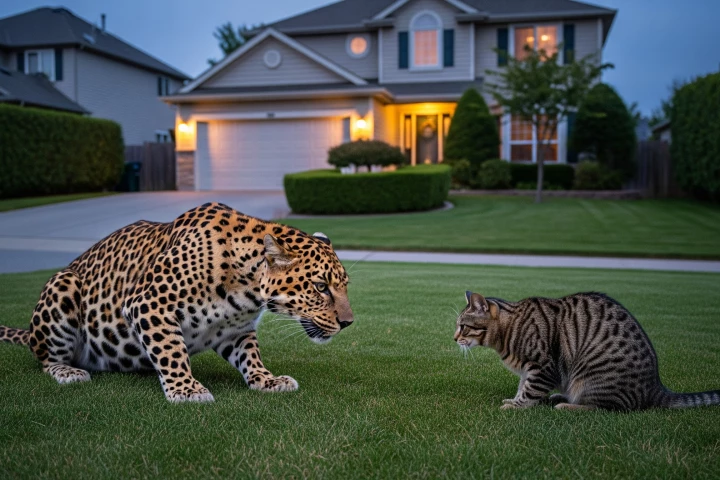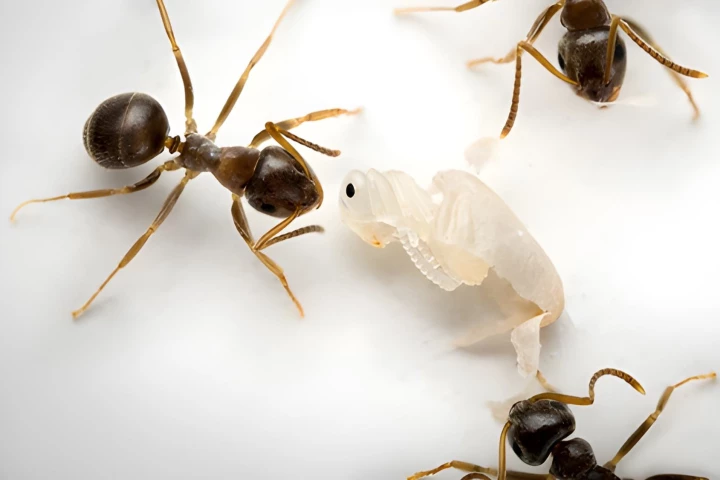Biology
From the smallest microbe to the largest dinosaurs and from the tiniest spore to the biggest giant sequoia, biological research continues to shed new light on the weird and wonderful world of living organisms.
Top News
-
We're one step closer to that elusive goal preventing hair loss and enabling new growth, as scientists identify the crucial role that one all-important protein has in protecting the hard-working cells on the production line.
-
Dinosaurs may be long extinct, but 2025 made it clear that they’re anything but settled science. New fossils, reanalyses of famous specimens and increasingly sophisticated tools have helped us learn more about how they lived, moved, fed and evolved.
-
You could compensate for broken speakers by cranking up the volume on others that still work. It turns out that the brain does the same thing when damaged hair cells in the ear lead to hearing loss – and this could be causing your tinnitus.
Load More
Latest News
-
January 13, 2026 | Bronwyn ThompsonFor more than a century, biologists assumed that the bony plates found in the skin of lizards – nature's chain mail – were an ancient feature that some lineages inherited and others later lost. But new evidence suggests this is entirely wrong.
-
January 11, 2026 | Chelsea HaneyWhen COVID-19 lockdowns emptied city streets, urban environments changed almost overnight. New research suggests that Los Angeles city birds responded just as quickly, with measurable shifts in beak shape in offspring born during the lockdown period.
-
December 30, 2025 | Bronwyn ThompsonIt's that time of year – and my personal favorite corner of science to look back on – when we recap the many fascinating discoveries in the plant and animal kingdom in 2025. Orcas have again made news, but no luxury yachts were hurt in the process.
-
December 21, 2025 | Chelsea HaneyStep aside, Van Gogh. New research shows that several orb-weaving species create giant web-mounted “doppelgängers” convincing enough to confuse potential predators. It’s a clever form of deception that nudges the line between instinct and ingenuity.
-
December 12, 2025 | Michael FrancoFor the first time ever, a unique cooperative hunting arrangement between dolphins and orcas has been documented. Researchers believe killer whales find salmon by tailing dolphins, who in turn benefit from bite-sized fish pieces.
-
December 11, 2025 | Bronwyn ThompsonDeep in the growth rings of Pyrenean trees lies the strongest evidence yet for what set the Black Death in motion – a direct link between a sudden climate shift and the plague’s arrival in Europe, where it killed millions between 1347 and 1353.
-
December 09, 2025 | Jay KakadeMost pet dogs carry a little wolf inside them; tiny snippets of wolf DNA that slipped into dog genomes after domestication. Now a new study has found almost two-thirds of dog breeds have a small amount of wolf genes, including some breeds you wouldn't expect.
-
December 07, 2025 | Chelsea HaneyIn a groundbreaking new study, scientists took a closer look at how bumble bees respond to positive experiences inside the nest. They found positive attitudes are quite literally contagious, spreading between bees within seconds.
-
December 07, 2025 | Chelsea HaneyIn recent months, AI-generated wildlife clips have flooded social media, merging real animal behavior with playful fabrications but scientists warn that these digital deepfakes can distort people’s sense of what the natural world looks like.
-
December 05, 2025 | Bronwyn ThompsonThere's an old saying that everything in Australia wants to eat you – and this apparently includes plants. Now scientists have made a special find, stumbling across a massive community of a rare meat-eaters living closer to humans than ever before.
-
December 05, 2025 | Michael FrancoIn a wide range of social species, when an animal is sick, it takes itself away from its group. Ant pupae are unable to move, however, so they've developed a unique mechanism that leads them to sacrifice their own life for the betterment of the nest.
-
December 05, 2025 | Michael FrancoIn the world of flying, stinging insects, Asian giant hornets reign supreme, reaching impressive sizes and wielding mighty venom-filled lances. Now, researchers have found an unlikely hero that can vanquish these buzzing badasses: the humble frog.
-
December 04, 2025 | Bronwyn ThompsonNew evidence shows that Neanderthals, early Homo sapiens and even earlier hominins were using, processing and eating starches, grass seeds, nuts, fruits, sedges and tubers long before the supposed "Broad Spectrum Revolution" diet shift took place.
-
December 03, 2025 | Jay KakadeScientists have sequenced RNA from a nearly 40,000-year-old woolly mammoth leg, the oldest ancient RNA ever recovered. These fragile molecules could reveal which genes were active in the animal’s final hours.
-
December 03, 2025 | Bronwyn ThompsonThe extent of an incredible dinosaur highway has been revealed in Bolivia. More than 16,000 footprints, along with tail impressions, have been fully documented – and the scale of theropod activity alone is unlike anything that's been seen before.
Load More

















